Women’s poetic discourse plays a significant role of the voice, when expressed through freedom of the mind in Bedouin society.
Veiled Sentiments
The Awlad Ali’s ghinnawa is a traditional form of oral culture, expressing personal sentiments through the freedom of poetic word art. The art of poetic exchange characterizes a transformation of social power expressed within the mind of Bedouin women bound within a gendered honour system based on respect and resistance.
Bedouin women’s everyday conversational responses are voiced within the frames accepted by the code of honour and modesty. However, in the art of exchange the poetic response disguises themselves to be living up to the moral code.
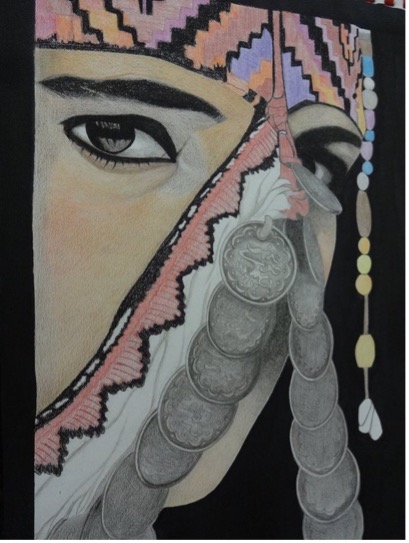
The predominant role poetry performs is the freedom of the voice which allows for an expression of feminine sentiment felt through fixed patterns of social behavior, often experienced within Bedouin society. The significance of poetic discourse allows insight and meaning into the Bedouin women’s personal life, suggesting pure feelings spoken from the heart and freedom of mind.
Bedouin women gather to converse poetic discourse expressing personal sentiments of love, honour, heartache, sorrow and modesty a reflection of sentiments exchanged to one another and in conflict to normal cultural statements.
The Bedouin Society of the Egyptian western desert shares coexistence based on honor and modesty with strong ties connected to the community through close kinship and blood ancestry.
The predominant role poetry gives voice too, and allows for, the freedom to express sentiments felt through conflict. Aspects of women’s relationships are continually expressed through the freedom of ghinnawa’s, little songs performed as a two line fixed poetic discourse on sentiments felt, told, and shared by women between family and friends.
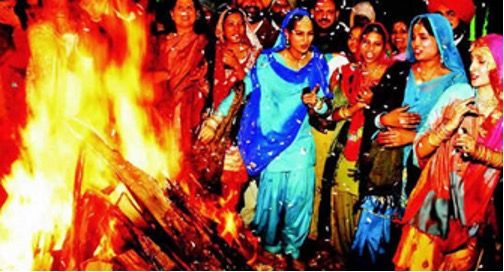
This form of expression gives the freedom to release from the mind mixed emotions and feelings of love, divorce, longings, sadness and sorrow, sentiments that are otherwise unable to be expressed in a veiled society, where the codes of honor and modesty are strictly adhered to.
Reciting ghinnawas is an art form, although the artist is not entirely free, but rather works within the confines of the materials given by the Bedouin culture. There is a sense of “having a voice” with the freedom to say and not say something at the same time suggests this being an art form of particular value for the Bedouin women while performing within the codes of socially expected behaviour.
Bedouin Women
Bedouin women sing and recite poetic, elusive, oral lyrics about abandonment, jealousy, love, and longing, maneuvering freedom of voice within a society which defines morality in terms of adherence to the principles of honor and modesty.
Poetic performance gives women a culturally sanctioned way of expressing sentiments that would be socially unacceptable otherwise. These sentiments actually symbolize values and the expression of these sentiments by Bedouin women contributes to representation of freedom of mind. Music and voice can play a predominate role in empowering women within Bedouin societies and even when they are believed to be totally under male control, sentiments expressed in these genres can often affect actions taken in the real world of honour and shame.
The significance of poetry adds insight and meaning into the Bedouin women’s personal life, with mixed emotions, suggesting pure feelings spoken from the heart. When powerful emotions are channeled into poetry, self-mastery and control are seen as contributing to the honor system giving rise to the soul sound of women. These values are considered important in the Bedouin society constituting a form of resistance and adaption to the male dominated system of power.
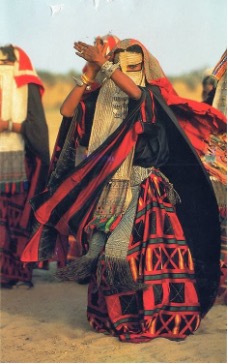
The significance of moral constraint and personal expression is an important means of perpetuating freedom of the women’s voice within the unequal structures of power, violations of the code through poetry is a way of resisting the system and challenging the authority.
Personal lives of the Bedouin stated women cannot be addressed without talking about poetry, an important, vital and highly valued expressive form that carries moving messages about the life of sentiment.

Sentiments disallowed in the honor system are giving freedom and more than allowed to surface here, significantly encouraged and respected as a form of strength and character. The significance of expression using a poetic art form allows for the freedom of mind through a creative language, a form of transformation for Bedouin women to express themselves, enabling women to voice their experiences, consequently enables women to feel those experiences.
Women recognise each others poetic talents, judge, criticize and respect the art that is involved, and praise the significance of voice, song and meaning as a powerful contribution to cultural statements.
Women sing to one another in their male free spaces, expressing a world full of love, sorrow and vulnerability which takes form against, the ascendant one of pride and modesty. One important form of poetic exchange involves answering one person’s poem with its sister, communicating thoughts into poetic discourse when answering one poem with another, referred to as sister

songs or response poems. Bedouins either draw poems from a cultural repertoire or compose them by playing with familiar themes, phrases, and structures, thus anchoring the poetic discourse.
“Sister poem:
One woman would recite this poem:
Take the night an hour at a time
sleepless until they draw near…
Answered with a poem by other women:
Your sleeplessness in deepest night
is torment but you can bear it…
Response poem:
he says:
Shame on you, oh beloved
to forget me when you are eternally in my thoughts…
she says:
Fear not for your love
it’s pressed between my eyelash and eye..”.
These ghinnawas often present a freedom of mind that is strikingly different from those conveyed in mundane conversation and public discourse. In a society where honour, modesty and shame mask sexuality and romantic attachments, poetic discourse provides women a way to express interpersonal experiences through sentiments that would otherwise violate the codes of honor and modesty. Poetic discourse can communicate a form of protest in a male-dominated society. Poetry reminds people of another way of being and encourages, as it reflects, another side of experience.
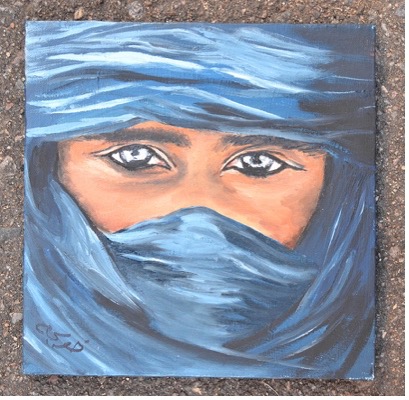
The Bedouin Society of the Egyptian Western desert share coexistence based on honour and modesty, This connects the community through strong ties of close kinship and blood ancestry. Among the formation of identity, the definition of sentiment, and the organisation of power all respond to the sound of the spoken word. Ghinnawa’s are linked to the heart and soul of the inner person; however, most Bedouin women express negative emotions.
Yet the highly formulaic and stylized verbal genre allows women to dissociate from the sentiments they express. This formulaic nature of the ghinnawa intends to protect the singer, sending a signal to listeners to use different judgmental criteria, which then allows for the freedom of the mind to share within the nature of experience and sentiments.
Ghinnawa’s can be viewed as a conventional discourse of defiance to the authority of the elders. And yet those who compose ghinnawas are not disapproved of, by elders or peers, in contrast they are admired for the passion and ability to express the freedom of poetry. Bedouin society shares the ability to be moved by the poems and awed by the power of the words.
Women’s poetry of self and sentiment can be viewed as a correction to an obsession with morality and an overzealous ideology of honor. This ideology taken to extreme maintains the social and cultural system connecting the Bedouin society, consequently fostering defensive attitudes making many forms of intimacy nearly impossible. Therefore, poetic discourse reminds people of another way of being and encourages, as it reflects, another side of women’s freedom.
Women’s poetic discourse plays a significant role in Bedouin society. Ghinnawa is a traditional form of oral culture expressing sentiments characterized by poetic word art, this form of poetry delivers sentiments of support and resistance played out within Bedouin society. Resistance symbolizes a transformation of social power maneuvered by Bedouin women within the boundaries accepted by a gendered honor system based on respect and resistance.
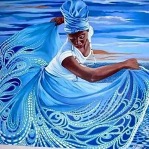
“Patience is my mourning for the loved one
and your job, oh eye is to cry…
Oh eyes be strong
you cherish people and then there gone…
Today they moved to distant camps
who before just a shout would bring…
Blinded by the sandstorm of despair
the well of love were plugged..”.
Want to read more come join us in Wholyland a place where freedom lives and ready for your soul to explore.
Enjoy in joy
Karen Thornton / Author
On behalf of
Wholyland Council

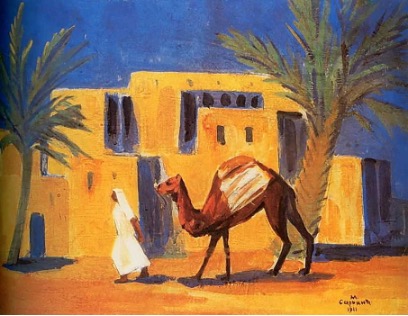
Recent Comments